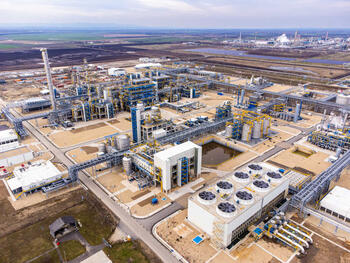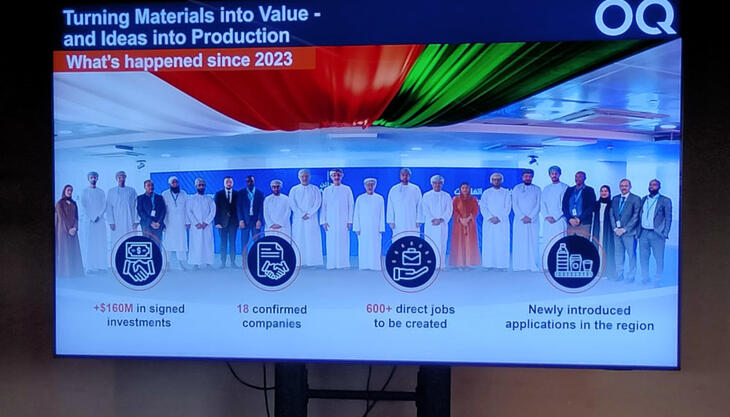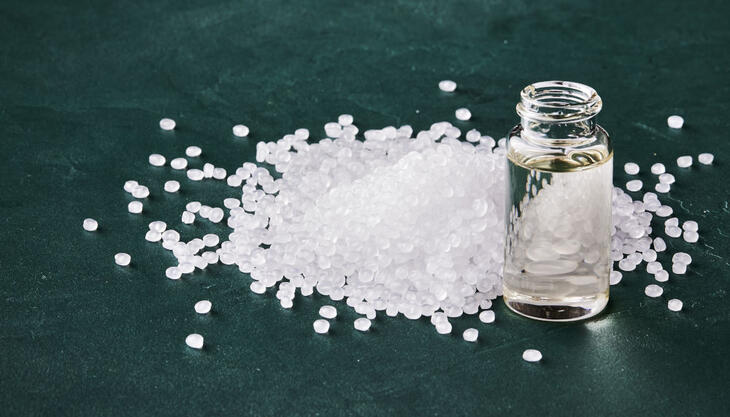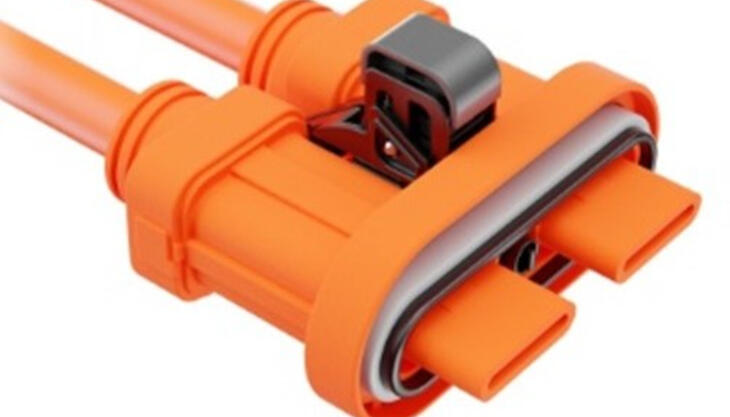Resilience and integration to strengthen the European chemical supply chain

At the recent pre-K conference organised by EMG on 4 and 5 June in Rotterdam, MOL Group – the Hungary-based multinational – provided an in-depth overview of its integrated industrial model and development strategy within the chemical sector, with a strong emphasis on sustainability for the future. The company reaffirmed its commitment to strengthening the European chemical value chain, highlighting resilience and vertical integration as key strategic levers.
The first speaker, Péter Császár, Senior Vice President of the Group’s Chemicals division, delivered a structured presentation of MOL’s business operations – spanning from oil and gas production to refining, distribution, and chemical manufacturing – with a footprint in over 30 countries and a workforce of around 25,000 employees. With an annual output of approximately two million tonnes of chemical products, MOL’s Chemicals division is organised into three core business units: base chemicals (ethylene, propylene, butadiene, and aromatics); polymers (HDPE, LDPE, PP with seven production plants); polyurethanes, a fast-growing segment including the production of propylene oxide. Császár highlighted how, despite the challenging European market – marked by declining demand, high energy costs, and external competition – MOL has managed to maintain consistent performance (approximately 3 billion dollars in Ebitda annually over the past eight years) thanks to a diversified and integrated industrial model.
Krisztina Petrényiné Szabó, Head of the Polymers division, presented the group’s investment plan, exceeding two billion dollars, focusing on: a new olefin conversion unit, expanded PP capacity in Bratislava; PE development for recyclable packaging; doubling of maleic anhydride production capacity; construction of a fully integrated propylene oxide and glycol plant, with an investment of 1.3 billion euros and start-up scheduled by the end of 2025. Petrényiné Szabó also underlined MOL’s firm commitment to sustainable transition, with major focus areas including energy efficiency, circular economy, and renewable energy sources. Key ongoing projects include: solar installations in Hungary, Slovenia, and Croatia exceeding 100 MW; waste management systems capable of recycling up to 1.5 million tonnes per year; a 10 MW green hydrogen plant, the most advanced of its kind in Central and Eastern Europe.
MOL confirmed its European focus, citing logistical and market-driven reasons, while also reaffirming its dedication to niche segments and product innovation – including polymers for automotive, recyclable packaging solutions, and materials for energy applications. Lastly, waste management emerged as a central theme, seen as a strategic industrial asset. Though still an evolving field, it plays a vital role in securing high-quality feedstock for both mechanical and chemical recycling processes.
















